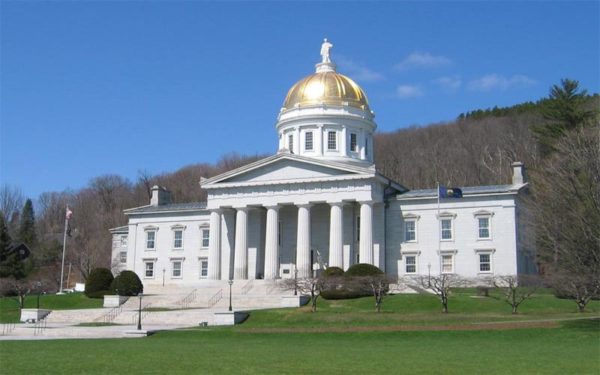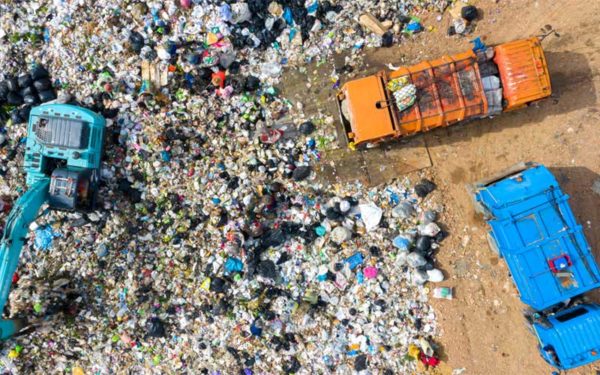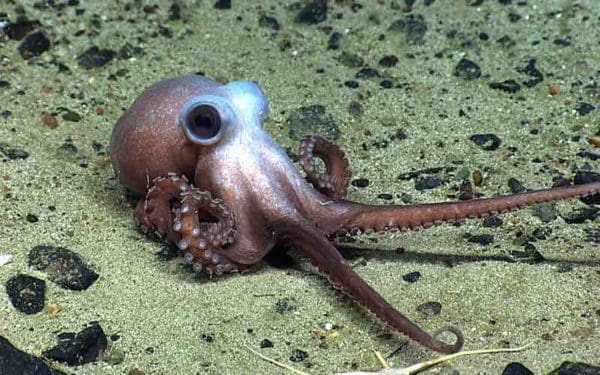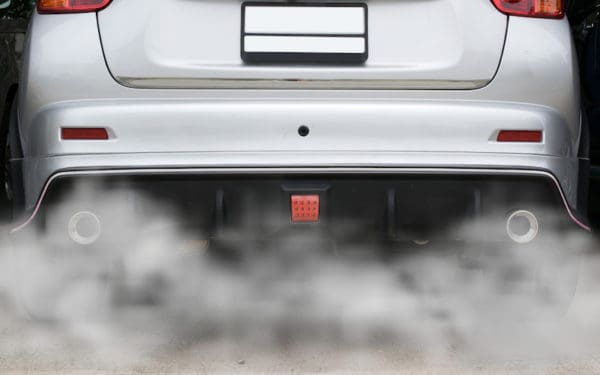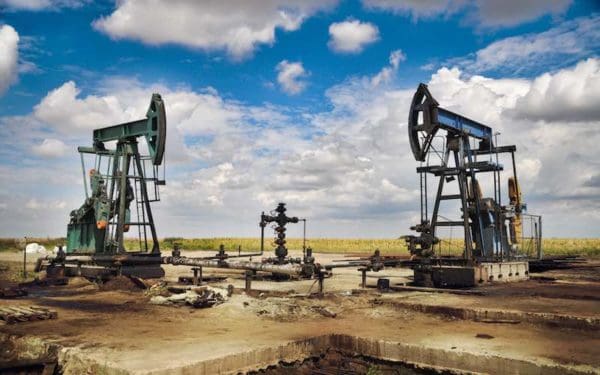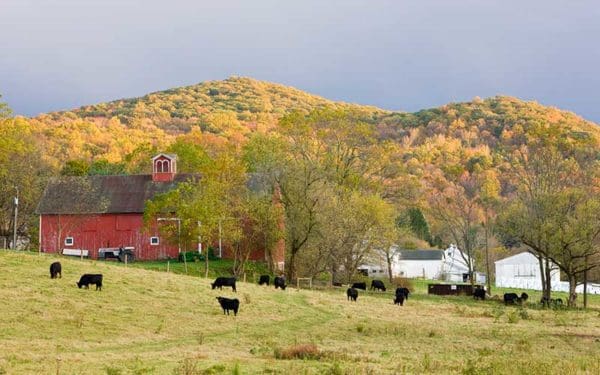Sep 22, 2020
“Climate change is an urgent public health crisis and procrastination and denial are not solutions,” said Jen Duggan, Vice President and Director of Conservation Law Foundation Vermont. “Our legislators clearly understand the reality and provided the leadership necessary to fight this crisis with everything we’ve got. It’s time to get to work so that no one is left behind.”
Sep 15, 2020
“Vermont is utterly unprepared for the climate crisis and our most vulnerable communities will pay the highest price if we fail to act,” said Jen Duggan, Vice President and Director of Conservation Law Foundation Vermont. “We must invest in smart climate solutions that put people to work and safeguard our communities while preparing us for future disasters, and this bill will do just that. Our legislators followed the science and voted overwhelmingly to support the Solutions Act, and they must override this irresponsible veto.”
Sep 10, 2020
Burning and burying our trash leads to carbon pollution. We need to phase out these old, polluting incinerators and landfills and replace them with zero-waste alternatives. By doing so, we can help lower climate-damaging emissions and protect our communities and the environment.
Jul 15, 2020
“Once again, President Trump is sacrificing the public good at the altar of the fossil fuel industry, pretending to sit on a throne rather than executing the laws as written by Congress,” said CLF President Bradley Campbell. “Instead of expediting worthy projects, Trump’s overreach and disregard of the law will mean more lawsuits and greater distrust of agency actions, while eliminating what is often the only avenue for the public to understand, help shape, or oppose ill-advised projects that put their health and their communities at risk.”
Jun 17, 2020
“Trump has once again eliminated critical natural resource protections on a whim and with no legal authority,” said CLF President Brad Campbell. “This lawless act upends over a century of practice by presidents of both parties and puts all national monuments on the block for the highest political bidder. CLF is going to court to protect this natural treasure, one that provides resilience, refuge, and hope in one of the fastest-warming bodies of water in the world.”
May 27, 2020
“COVID-19 has laid bare the tragic impact toxic emissions and air pollution can have on our health,” said Emily Green, Senior Attorney at CLF. “Rolling back rules designed to create cleaner air and reduce climate-damaging emissions defies reason – and the law. We must hold this administration accountable for its continued attacks on our health and our environment.”
Mar 31, 2020
“Rolling back critical public health protections in the midst of a pandemic is appalling,” said Emily Green, Senior Attorney at CLF. “The clean car standards are designed to protect our health while saving drivers money at the gas pump. This administration’s rejection of science and accountability knows no bounds, and we’ll continue to challenge this reckless rule change.”
Mar 24, 2020
“Congress must prioritize people over polluters,” said Bradley Campbell, President of Conservation Law Foundation. “The very communities that continue to suffer disproportionately high rates of disease at the hands of big oil are now directly affected by the COVID-19 outbreak. Any relief legislation must be focused on helping these families and not bailing out big oil and gas.”
Feb 21, 2020
“The climate emergency is already impacting our communities,“ said Jen Duggan, Vice President and Director of CLF Vermont. “If we’re serious about tackling this crisis, strong climate laws like the Solutions Act are the answer. We are running out of time, but the strong vote today and the leadership in the House shows we can still get back on track to cut emissions and build healthy and resilient communities if we take action now.”
Dec 13, 2019
“An increase in rain and snow is not an emergency,” said Jen Duggan Vice President and Director of CLF Vermont. “Vermont is a wet state and it is getting wetter as a result of climate change. The State should be focused on real solutions instead of relying on blanket waivers that are inconsistent with clean water laws and result in polluted waterways.”


